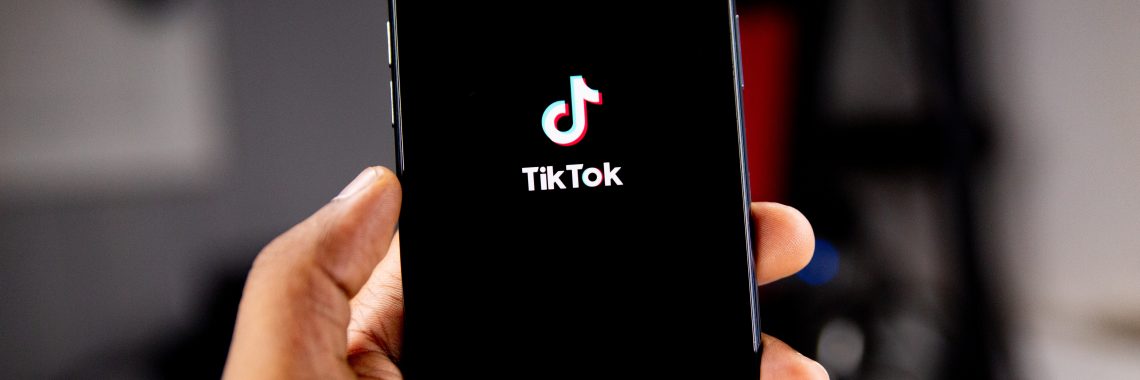Arkansas Senate Narrowly Passes Bill Requiring Parental Consent for Social Media Platforms

On Wednesday the Arkansas Senate narrowly passed a bill that would help protect minors in Arkansas from accessing social media sites without parental consent.
S.B. 396, the Social Media Safety Act, by Sen. Tyler Dees (R – Siloam Springs) and Rep. Jon Eubanks (R – Paris) says that social media companies must use age verification to ensure minors do not access social media platforms without parental consent.
The bill contains protections for user privacy. A social media company that violated the law could be held liable.
More and more, the evidence shows that modern social media platforms simply are not a place for children — at least, not without parental supervision.
In February the American Psychological Association’s Chief Science Officer told the U.S. Senate Judiciary Committee that social media use heightens the risk for negative influences among adolescents, and that young people are accessing social media sites that promote eating disorders and other harmful behavior.
In December, news outlets reported how social media giant TikTok’s algorithm was suggesting videos that promoted self-harm and eating disorders to teenagers.
Social psychologist Jonathan Haidt has published an analysis determining that social media is a major cause of mental illness in girls.
And a recent CDC report found 16% of high school students were electronically bullied in 2021 through texting, Instagram, Facebook, or other social media platforms.
Legislation like S.B. 396 would help parents and social media companies protect children from harmful content online.
The bill now goes to the entire Arkansas House of Representatives for consideration.
The Following Senators Voted For S.B. 396
- J. Boyd
- Caldwell
- A. Clark
- B. Davis
- Dees
- Gilmore
- K. Hammer
- B. Johnson
- M. Johnson
- M. McKee
- J. Payton
- C. Penzo
- J. Petty
- Rice
- Stone
- G. Stubblefield
- D. Sullivan
- D. Wallace
The Following Senator Voted Against S.B. 396
- S. Flowers
The Following Senators Voted “Present”
- J. Bryant
- L. Chesterfield
- Crowell
- J. Dismang
- J. Dotson
- Flippo
- Hill
- G. Leding
- F. Love
- R. Murdock
- C. Tucker
The Following Senators Did Not Vote
- J. English
- Hester
- Hickey
- Irvin
- B. King
Articles appearing on this website are written with the aid of Family Council’s researchers and writers.





